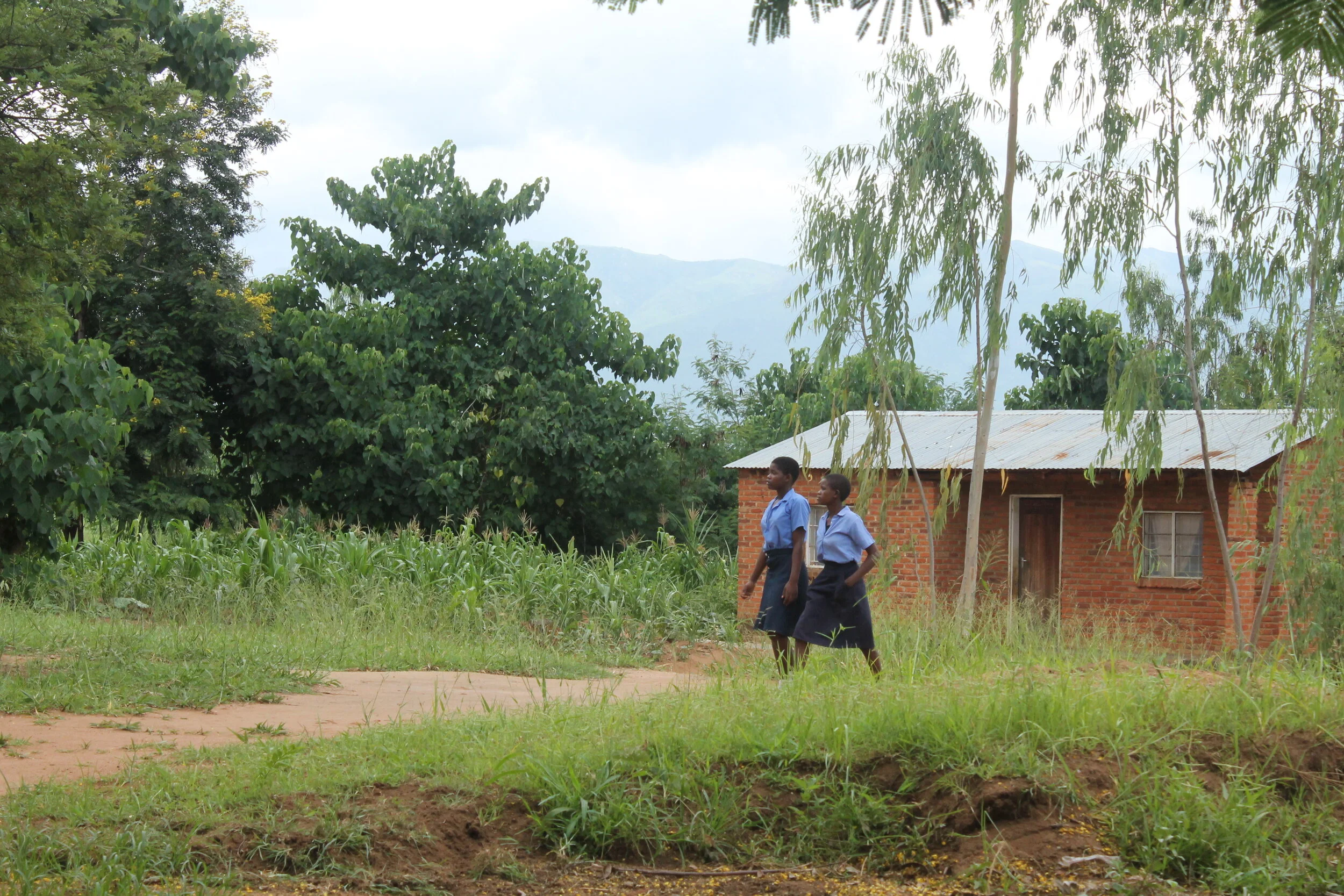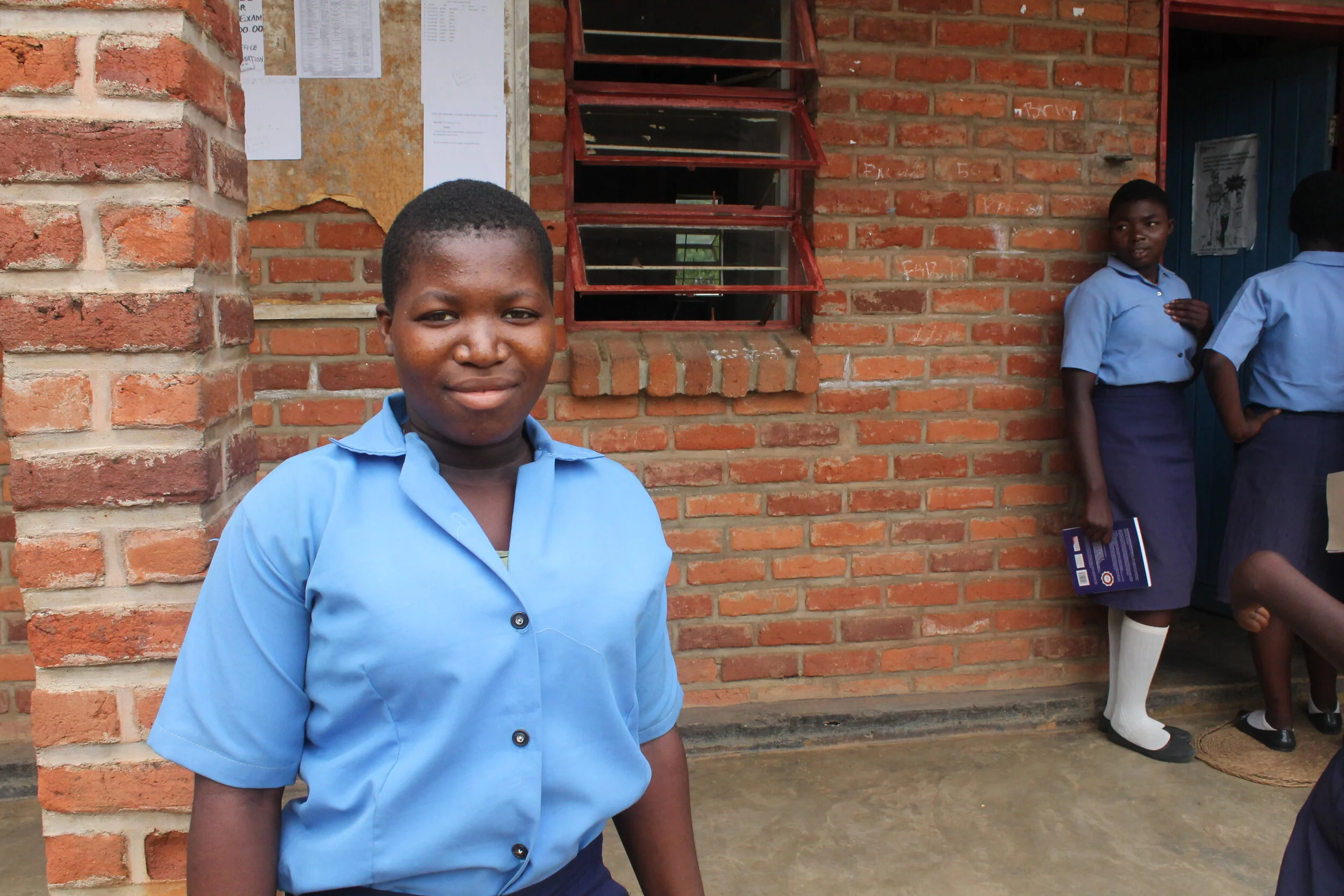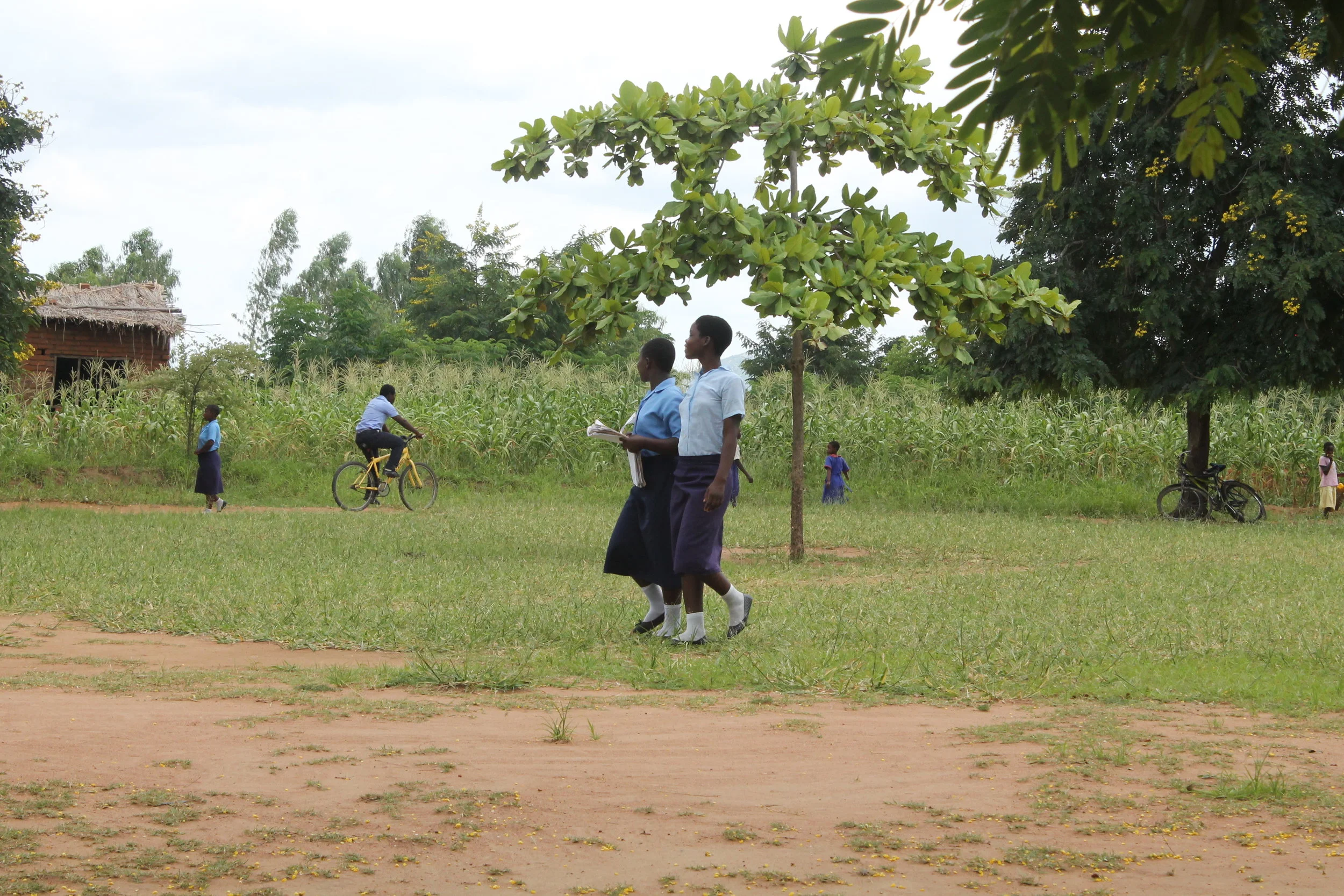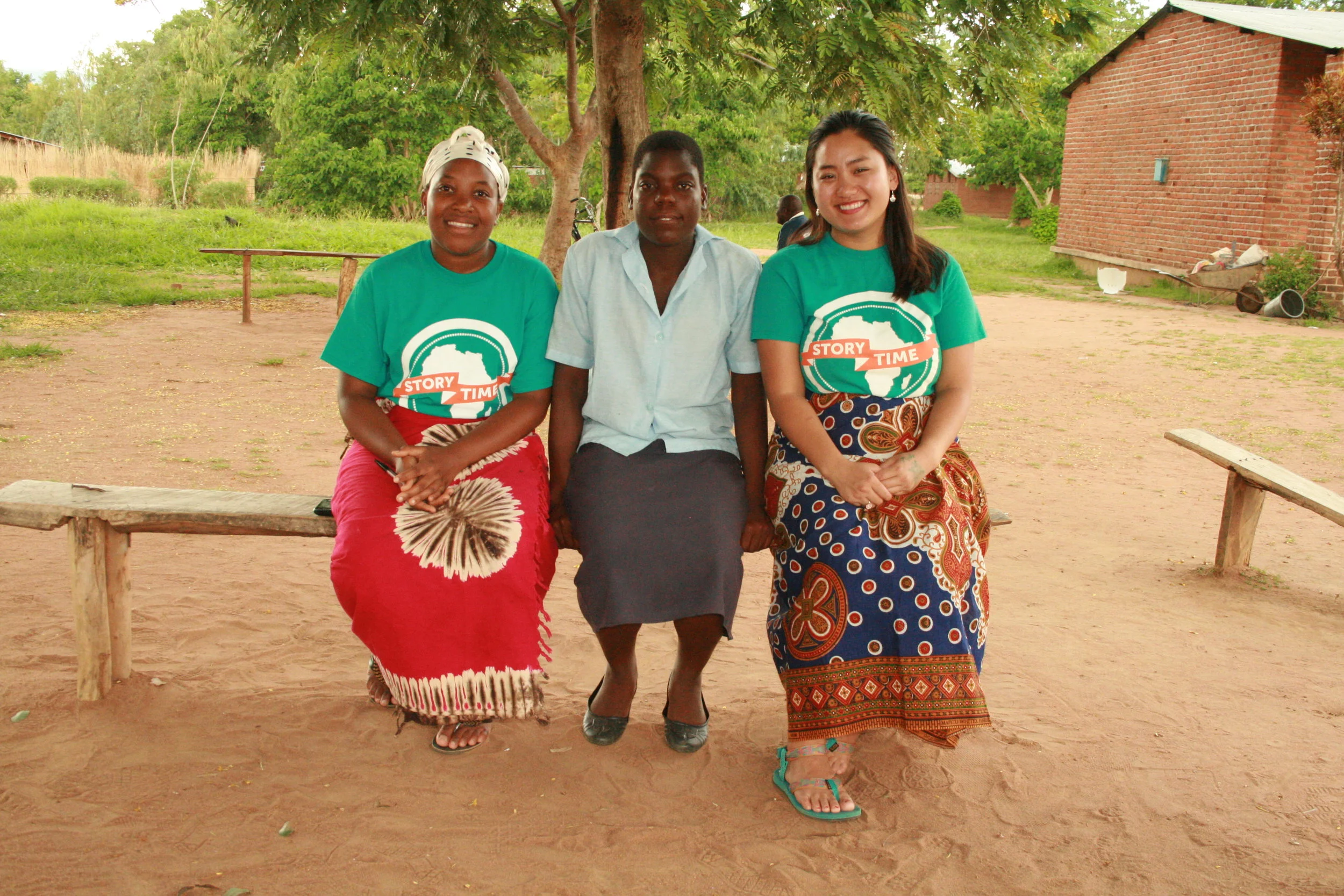A few weeks ago, we covered the Youth Bubble in another blog post. We suggest reading it first, if you haven’t already, to provide context for the following story. This week, we’re sharing a story that illustrates the dire need for change in the way young people without resources, such as those from rural areas like our partner school, are facing a challenging future.
What is it Like to Eat in Malawi?
Learn about common Malawian foods, and even try out cooking a Malawian dessert for yourself!
The Malawian economy is primarily based on agriculture, with many Malawians living as subsistence farmers. This means that families rely primarily on their own crop yields to feed themselves. The foods they eat are full of carbohydrates, meant to provide plenty of the energy required to farm.
12.6 Million under 30: Why Malawi's Invisible Gen is Motivated
There is an “Invisible Generation” in Malawi. One that is virtually ignored. In Malawi, 70% of the population is under 30. This means an influx of youth coming into the workforce, bringing with them, dreams of innovation, entrepreneurship, and a better future. But that is not what is happening. There is a youth job crisis and a growing number of young laborers in need of work.
One Girl's Journey: From Periods to Empowerment
In this Short Story, Cynthia, one of the young women in Malawi who is a part of the Women's Empowerment Project (WEP), shares her thoughts on school, goals, and what it means to be a girl. Cynthia is 16, and in Form 3 (Junior year). She has 3 siblings and lives with her two parents. Her favorite subject is Biology. When she grows up, she wants to become a nurse because she has a desire to help people.
3 Energy Alternatives Bring Hope to Malawi
Malawi not only faces rising energy demand, but has insufficient power generating capacity, lacks investment in new generators, struggles with high transmission and distribution costs, poor power quality and reliability, and finally, heavily subsidized pricing, that is controlled mostly by the government. But there is some hope on the horizon.
Vera Takes on the World
Vera is a Form 4 (Senior) at Nsondole Community Day Secondary School. Her favorite subjects are math, geography, and biology. She feels she is an important member of the community because people in her community see her as an educated person who can give back. As a female, Vera doesn't have many role models. She hopes to complete her education and start giving back to her community soon.
Baobab: How One Tree Gives Life Mystery and Hope
This unusual tree looks like it has been planted upside down, and has many African tales associated with it. Today it’s being used for many different things, it is even considered a superfood. However, like many other species of plants in Malawi, the Baobab tree is endangered. The pressures of poverty force many Malawians to burn these increasingly rare trees for fuel.
Energy Crisis: How Malawi Works In The Dark
James: Fighting for a Future
"My dream foods to eat in a day would be for breakfast; I would take a cup of tea with rice." This week, James, a 22 year old recent graduate of Nsondole CDSS, shares his story of food, family, and school. His family farms for a living, but they struggle to feed themselves, while also putting two students through school.
One Parent’s Brave Journey to Food Security
Harrietta: The Gift of Knowledge
"School is very important for me because it will help me become a good business woman and know which business to invest in...I want to see my community developed and if I am educated, I can be able to help." Read the story of how Herrietta, age 17, Form 1, feels about schools, pads, and being comfortable in class.
Odala's Brick to Success
This week’s story dives a little deeper into the personal life of one of our students. Odala is the epitome of a student that thrived when he was given the opportunities and chance to. Recently, he was able to pass the national Examinations and graduate high school. Learn more about Odala by reading this account of a typical day in his life.
A Journey for Empowerment
When people travel, they sometimes have a preconceived notion on what to expect. At other times they go through a period of culture shock. But when you take the time to actually make your traveling worth something, one that you can remember many years down the road, and how much you learned and grew as an individual, that is an extremely priceless thing to have. Joua, one of our Story Time volunteers shares her first hand experience of when she first went to Malawi:
Bright Futures, Warm Hearts: Welcome to Malawi!
“The children are our future” could never be so relatable to relatively young country like Malawi. With the average population age being 20 years old, these children are ready to do great things. The members of this community feel very strongly that the portrayal of helplessness, in the face of poverty, is not an accurate depiction of their reality.
















